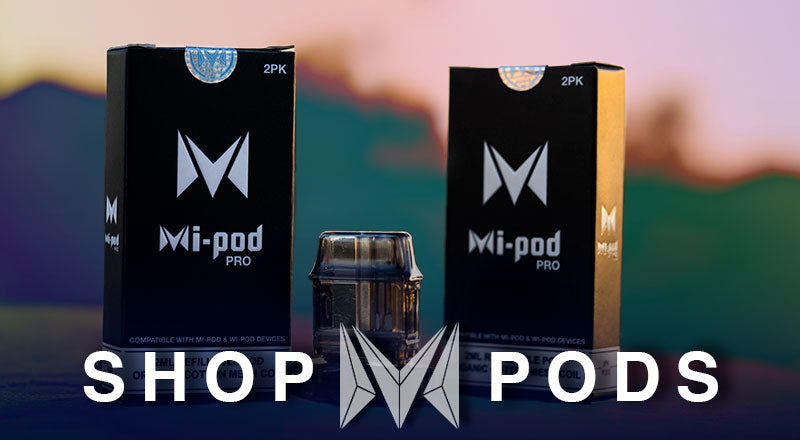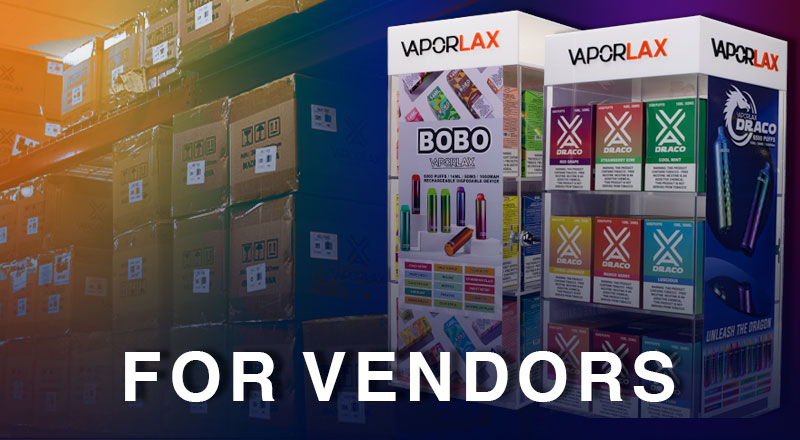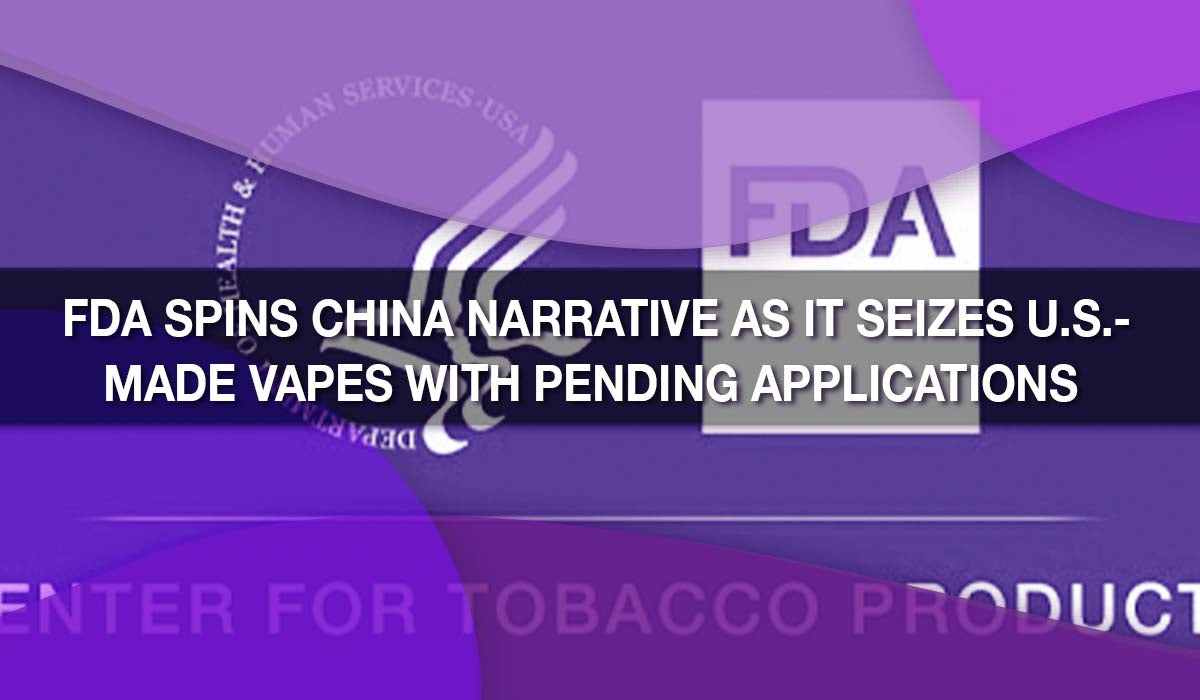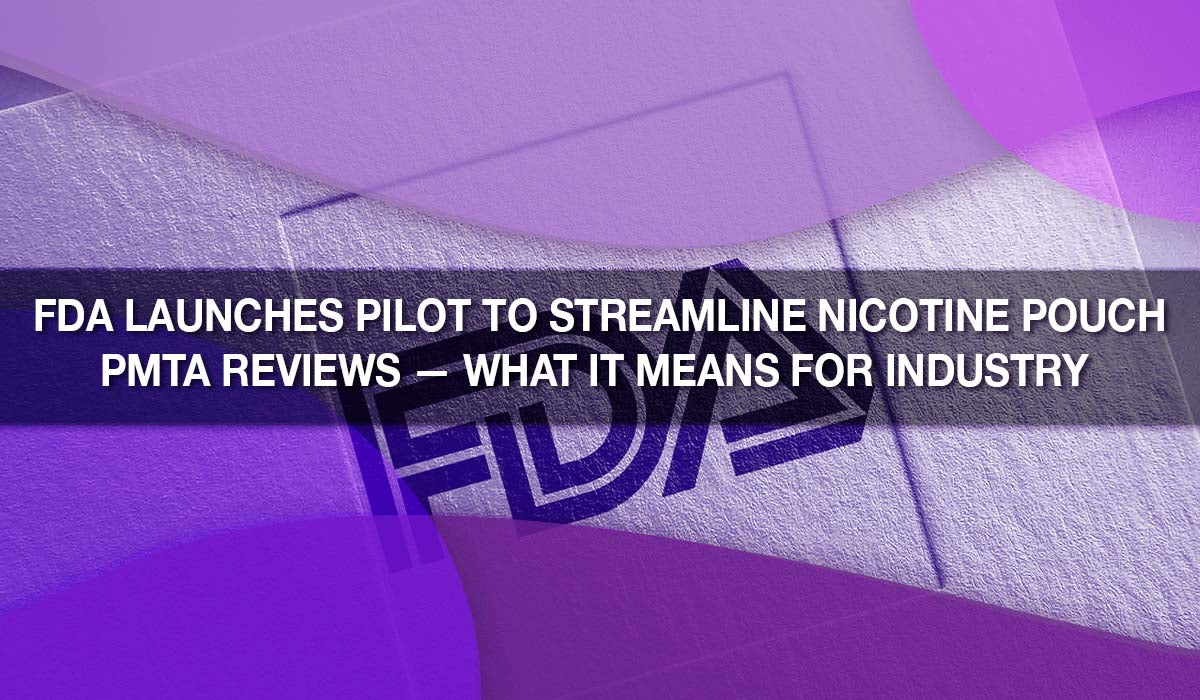Altria Sues FDA Over Years of Delay for NJOY’s Flavored E-Cig Approvals — Why It Matters
What happened
On August 21, 2025, NJOY, a subsidiary of Altria, filed suit in the Western District of Louisiana (Fifth Circuit) against the U.S. Food and Drug Administration (FDA).
The complaint alleges that FDA has unlawfully delayed approving flavored variants of NJOY’s “DAILY” line of disposable e-cigarettes, even though NJOY already responded to a deficiency letter and provided data showing that its flavored products yield higher rates of “complete switching” among adult smokers than its tobacco- and menthol-flavored products, which FDA has already approved.
According to the suit, the flavored variants had been denied in June 2022 via Marketing Denial Orders (MDOs). NJOY then sought “supervisory review” (an internal appeal process) in about November 2022, but that review has remained pending for almost three years at the time of the lawsuit.
NJOY claims that under the Family Smoking Prevention and Tobacco Control Act (and implementing rules), the FDA is to act within certain timeframes, and that FDA’s failure to do so violates the Administrative Procedure Act (APA), the Mandamus Act / All Writs Act, and demands declaratory and injunctive relief.
Why NJOY alleges the delay is problematic
NJOY says that the only deficiency FDA initially flagged (in December 2020) was its lack of evidence that flavored products increase complete switching by adult smokers, relative to the menthol/tobacco flavors.
NJOY responded with longitudinal data in March 2021 showing that after six months, flavor variants had switching rates 29-68% higher than the already-approved tobacco and menthol flavors.
Internal FDA documents (via a Freedom of Information Act request) allegedly show that epidemiology staff and the Office of Health Communication & Education believed NJOY had addressed the deficiency and that risk-mitigating measures (voluntary restrictions, reporting, marketing plans) proposed by NJOY could sufficiently limit youth use concerns.
What FDA has done so far
FDA authorized marketing of NJOY’s menthol and tobacco flavored DAILY products (in Rich Tobacco and menthol flavors) back in June 2022, but denied the flavored (other-than-menthol/tobacco) variants at the same time.
The supervisory review requested by NJOY (after the MDOs) has been pending for years, but FDA has not yet ruled on that internal appeal.
Possible Legal & Regulatory Ramifications
This case could have big ripple effects, not only for NJOY but for all companies with pending PMTAs (Premarket Tobacco Product Applications) for flavored ENDS (Electronic Nicotine Delivery Systems). Some of the main implications:
-
Enforcement of statutory deadlines
If NJOY succeeds, the court order could force FDA to adhere more strictly to statutory or regulatory timing obligations (or at least to account for them in decision-making). Many companies have complained that PMTA review timeframes are unpredictable and frequently exceeded. This lawsuit may set a precedential standard for what constitutes “unreasonable delay.” -
Mandamus or injunctive relief becoming more available
NJOY is asking for writs (mandamus or all writs) to compel FDA to act, plus judicial oversight. If granted, other PMTA applicants might use similar tools to force FDA decisions. This might reduce the backlog by legal pressure. -
Transparency and internal consistency
The suit references internal FDA documents indicating that technical experts believed the deficiency had been addressed. If FDA is shown to have ignored or delayed acting despite internal findings, this raises questions about internal processes, transparency, consistency, and fairness. Other PMTA applicants may push for disclosure or heightened scrutiny of FDA’s decision-making process, especially for flavored products. -
Policy push-back and flavor policy dynamics
A central tension in the regulation of e-cigarettes is balancing adult smokers’ interest in switching with youth protection. Flavored products are often justified by proponents on the basis of facilitating switching (or reducing harm). If courts find that FDA has been too slow in evaluating that evidence, or that FDA is de facto banning flavored products via delay, that could shift regulatory strategy and even influence what evidence future applicants provide. -
Competition, market access, non-authorized market concerns
Delay in authorizations for legal flavored ENDS gives more room to non-authorized products to fill demand. That could undermine public health goals, increase youth access to unregulated products, and put compliant companies at a competitive disadvantage. Legal decisions that force faster FDA decisions could help level the playing field. -
Precedent for supervisory review delays
The internal appeal process (“supervisory review”) being stuck for years is a focal point here. If court orders force resolution of such appeals, this mechanism can no longer be used (intentionally or inadvertently) as a bottleneck. Other PMTA applicants whose supervisory reviews are pending could use this case as a model.
Key Risks & Counterarguments
From the FDA’s side, there may be justifications: complexity of data, burden of verifying claims about switching, assessing youth initiation risks, and potential public health implications. Courts have often given agencies wide deference in how they weigh and analyze scientific evidence and balancing of risks and benefits.
Also, despite statutory timeframes, FDA may argue that in practice some delays are unavoidable, or that “reasonable time” under the APA is flexible. Legal definitions of “unreasonable delay” can be hard to pin down.
Another counterargument is that flavor variants can pose higher risks of youth uptake; ensuring strict safeguards may require more scrutiny, thus more time. But the plaintiffs argue they did propose safeguards and data addressing those risks.
Best-Case Scenario for the Industry
If NJOY’s lawsuit succeeds, it could create a precedent that benefits the entire vapor industry:
- Regulatory Certainty – Courts could compel the FDA to act on applications within a set timeframe. That means fewer endless delays and clearer timelines for when flavored products will either be authorized or denied. Predictability helps businesses plan inventory, marketing, and long-term growth.
- Level Playing Field – Authorized flavored products would give compliant companies a competitive edge against non-approved brands currently dominating the market. This could shift demand back to legal channels, strengthening legitimate supply chains.
- Investor & Retail Confidence – A win against FDA stalling could restore faith that the PMTA process is more than a regulatory black hole. That confidence may encourage more investment into product development and retail expansion.
- Precedent for All Pending PMTAs – If the court forces FDA to issue timely decisions, every company with pending applications—large or small—could benefit. The ripple effect might unclog the PMTA pipeline for ENDS, pouches, and other nicotine alternatives.
- Pathway to Flavors – For adult consumers, especially smokers looking to switch, lawful access to flavored options could expand. For the industry, this means new product categories, higher margins, and more robust customer retention.
Bottom line: A favorable outcome could force FDA to move faster, establish a fairer process, and finally allow the market to compete on innovation and compliance rather than waiting in regulatory limbo.
What to Watch Next
- How the court rules on NJOY’s request: will it order FDA to issue a decision on the supervisory appeal within a set deadline?
- Whether other companies with PMTAs pending will join or file similar suits.
- Whether this lawsuit prompts legislative or regulatory changes — e.g., tighter deadlines, mandatory transparency, or requirement of status updates from the FDA.
- Whether FDA changes its internal procedures for supervisory reviews or for how it treats flavor-product PMTAs.
- Potential relationship with broader cases. For instance, Supreme Court and appellate decisions (such as FDA v. Triton / Wages & White Lion) about flavored e-cigarette denials, risk/benefit balancing, youth initiation concerns, etc.
The NJOY/Altria lawsuit is more than a piece of corporate pushback: it could mark a turning point in how the FDA handles flavor e-cigarette applications. If delays are judicially treated as violations of statute or the APA, then companies seeking authorization might have more legal recourse, and FDA may face increased pressure (legal, political, public health) to speed up its review process—especially for flavored products.






Leave a comment
This site is protected by hCaptcha and the hCaptcha Privacy Policy and Terms of Service apply.